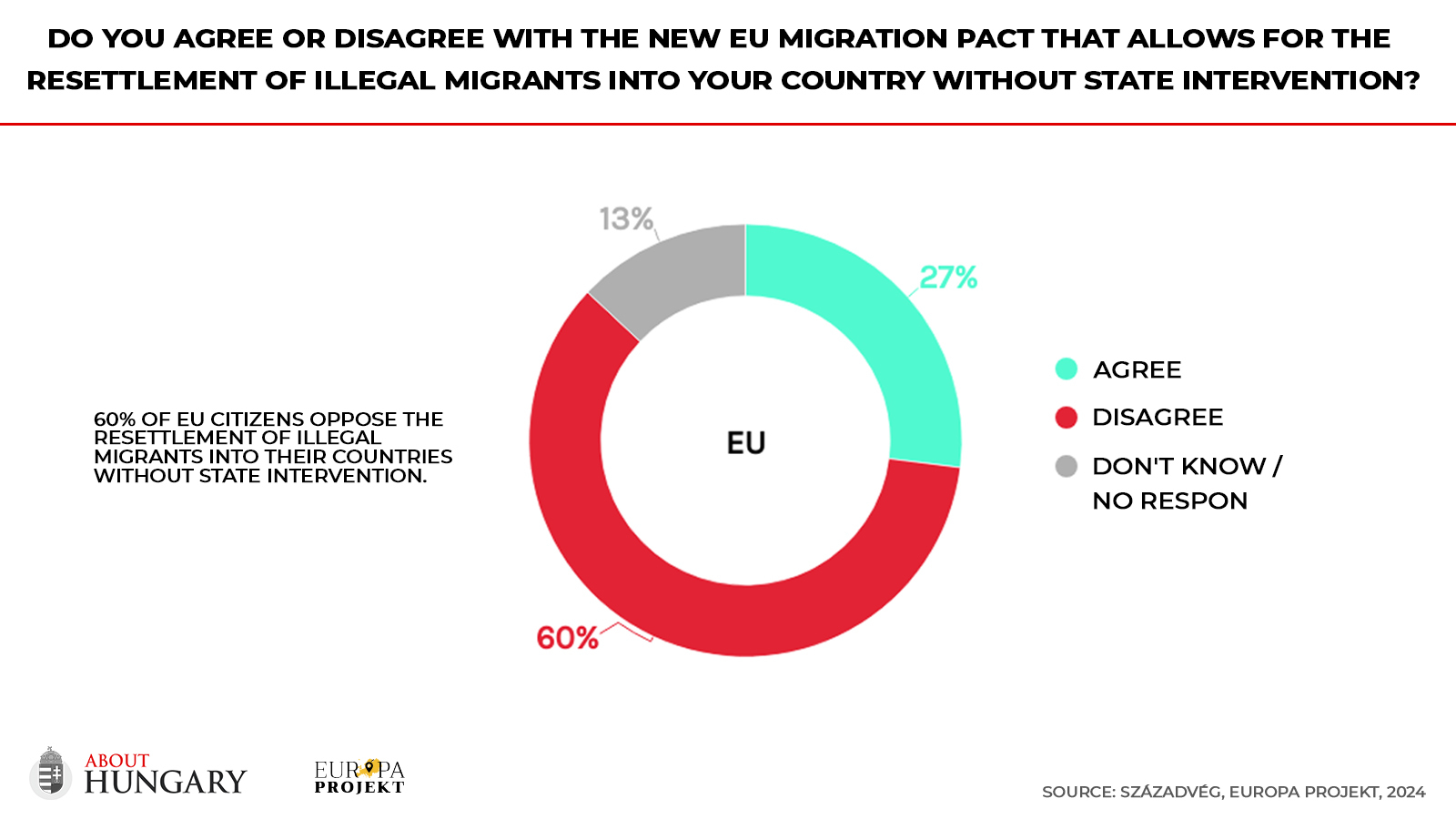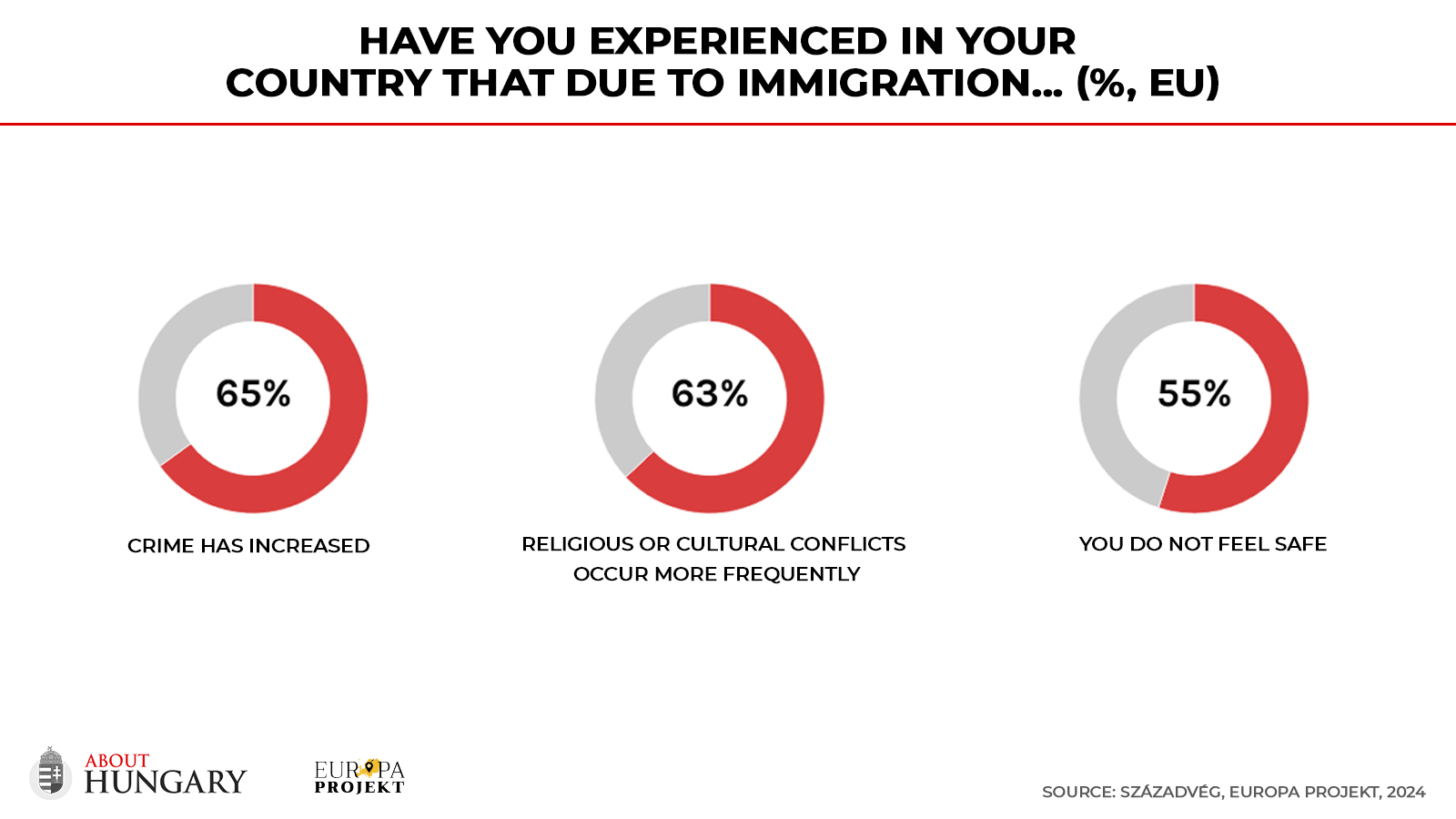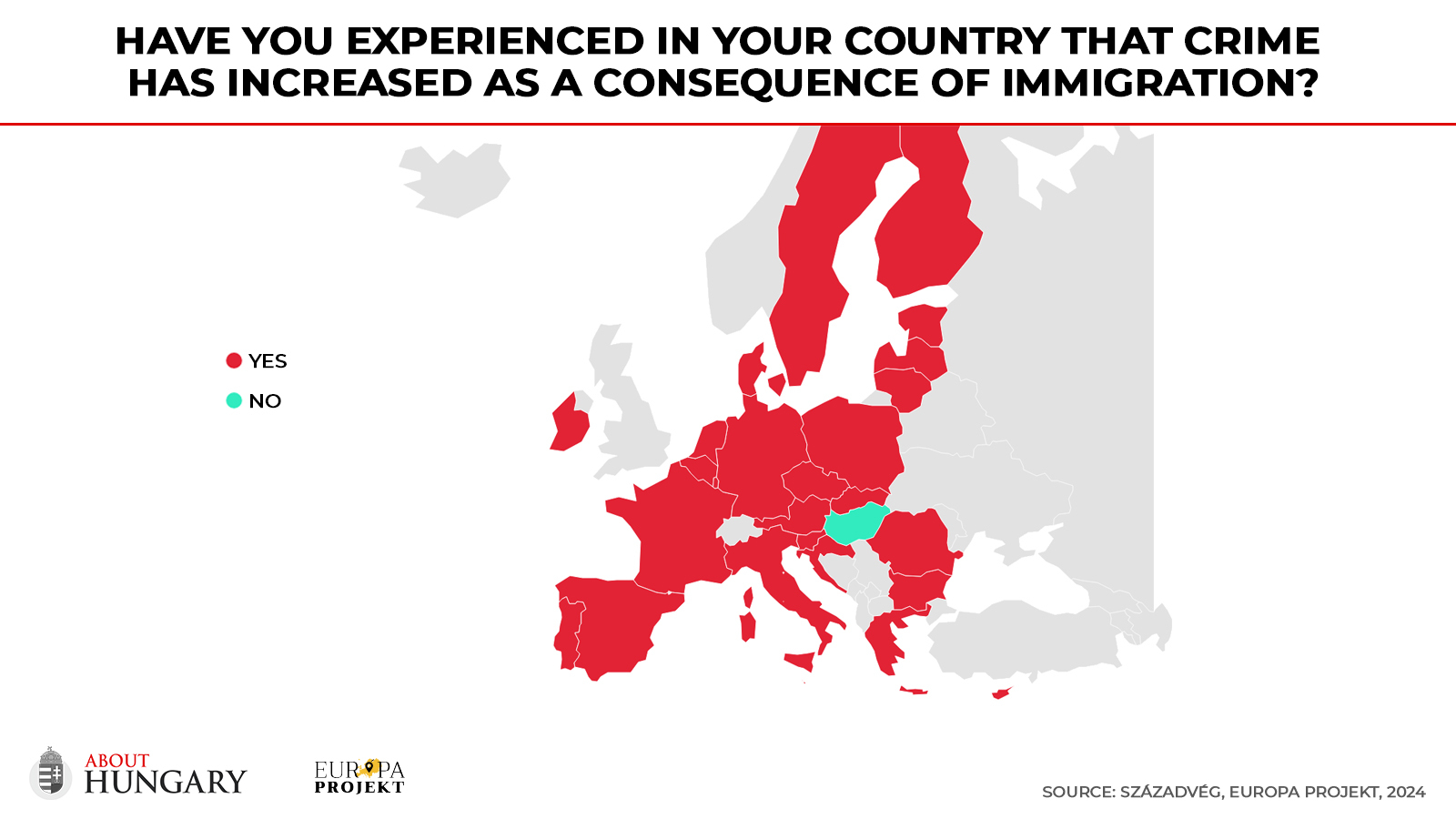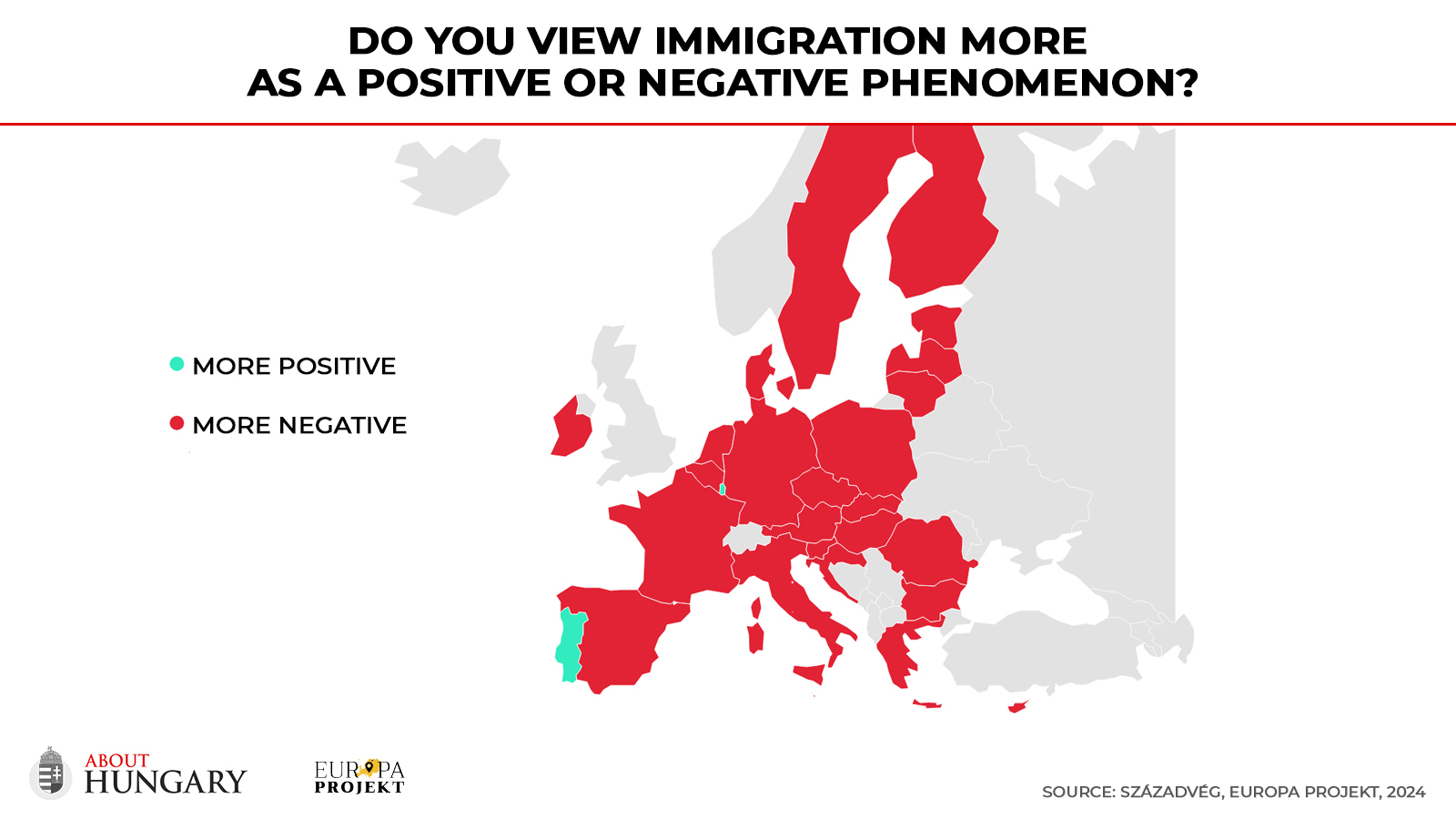The pact mandates the redistribution of illegal migrants among EU member states and imposes financial penalties on countries that refuse to comply. Additionally, the European Court of Justice ruled that Hungary must pay a fine of 200 million euros, with an additional daily penalty of 1 million euros, for not accepting illegal migrants in recent years.
The pact requires the annual relocation of at least 30,000 migrants across EU countries, with the quota potentially increasing based on migration pressure. Member states that refuse to accept illegal migrants must pay a fine of 20,000 euros per rejected migrant or choose from other contribution options.
Research by the Századvég Foundation's Europe Project reveals that 60% of Europeans oppose the mandatory redistribution of illegal migrants, while only 27% support the Brussels decision.




